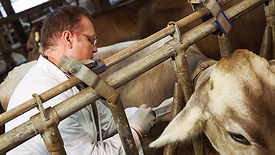Contamination Control
In the lack of specific regulations, businesses that are involved in meal kits have a responsibility to minimize food safety risks.
Read More
Never miss the latest news and trends driving the food safety industry
eNewsletter | Website | eMagazine
JOIN TODAY!Copyright ©2024. All Rights Reserved BNP Media.
Design, CMS, Hosting & Web Development :: ePublishing



.png?height=168&t=1661887788&width=275)





